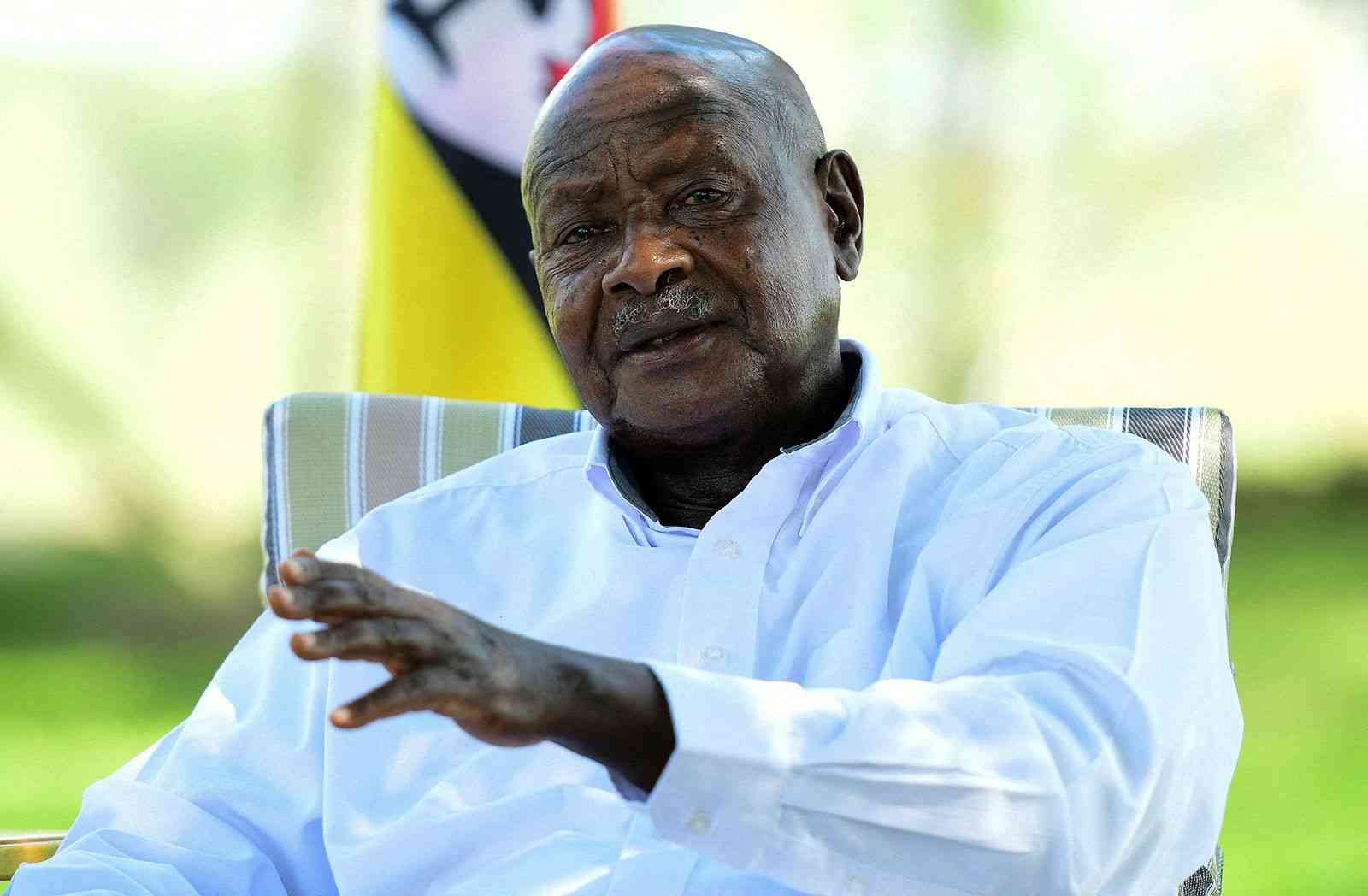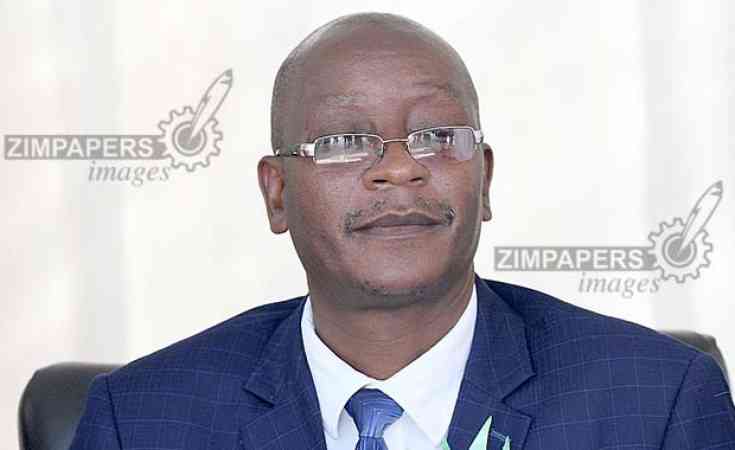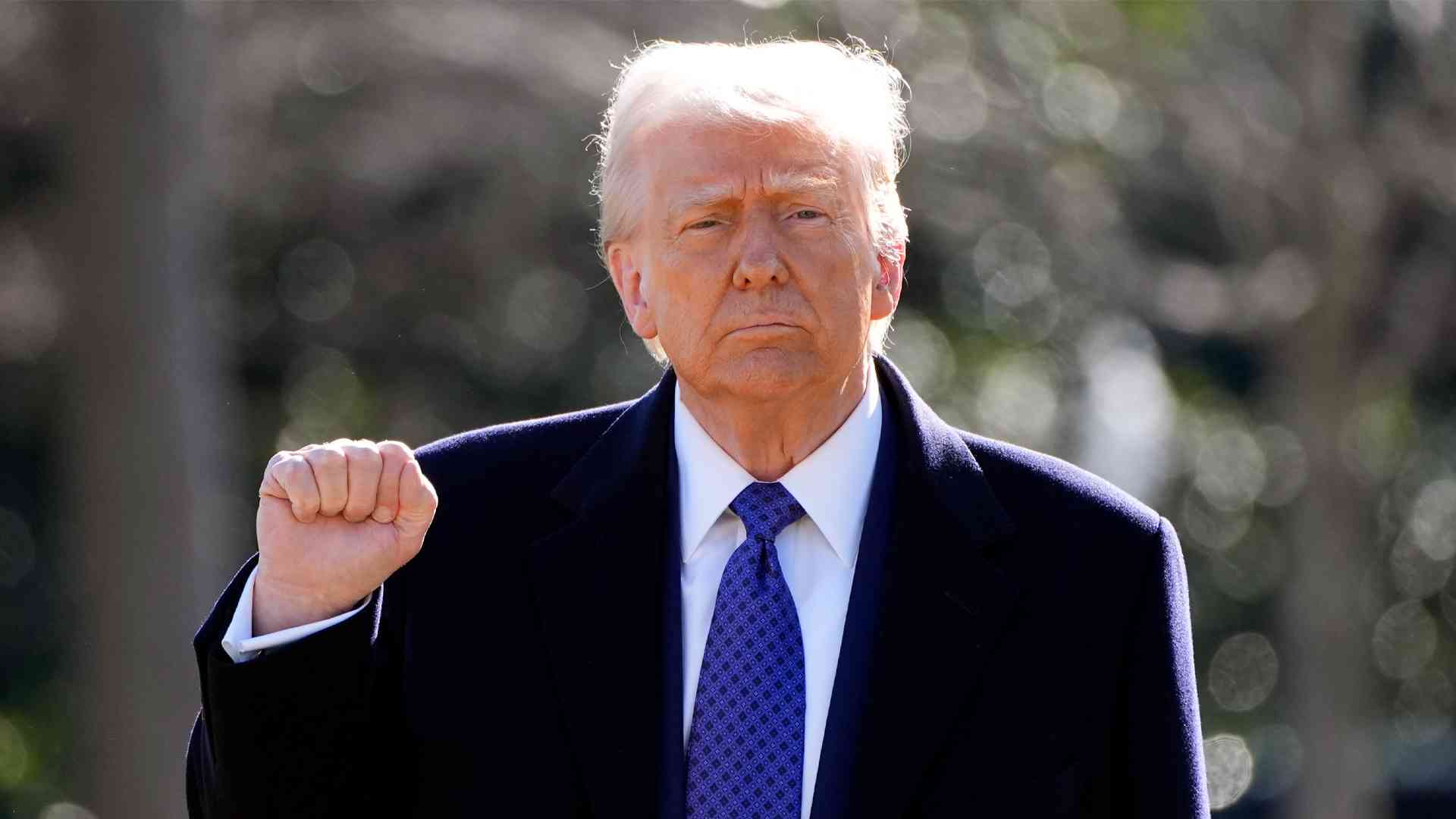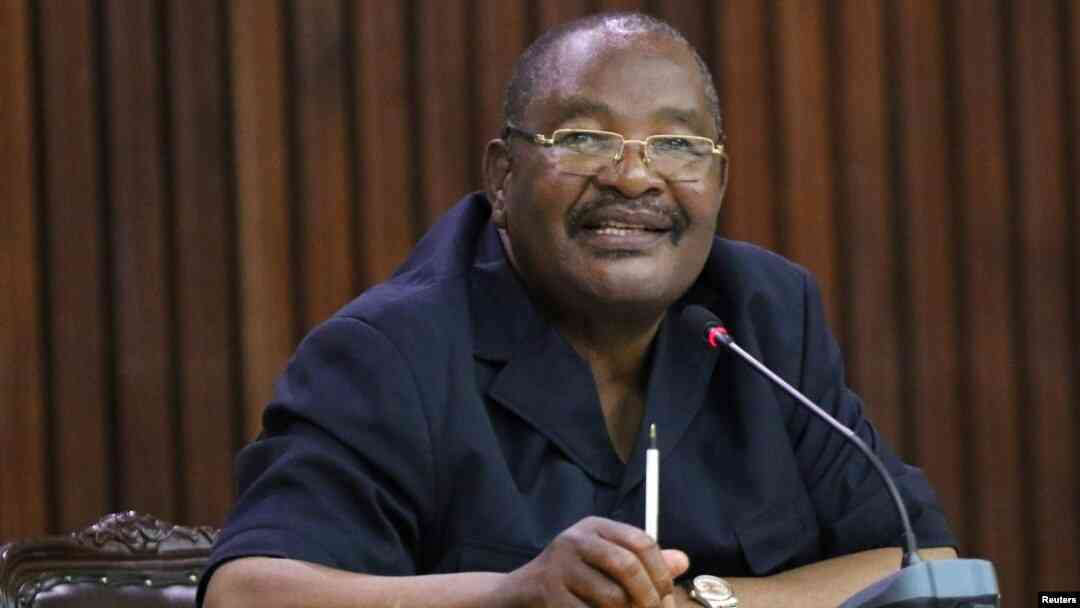
The recent elevation of Pope Leo to the papacy has reignited global interest in the moral and spiritual leadership of the Roman Catholic Church.
As the world continues to navigate economic uncertainty, climate crises, and rising social inequalities, his election provides a fitting context to reflect on how faith-based principles can influence financial stewardship and corporate accountability.
Central to this renewed discourse is Mensuram Bonam (“A Good Measure”), a Catholic framework on faith-consistent investing that challenges traditional economic paradigms and places human dignity at the centre of financial decision-making.
While Zimbabwe may not have featured in the inaugural global consultation behind Mensuram Bonam, the nation stands to benefit greatly from its principles.
With an economy rebuilding from decades of volatility and institutional fragility, there is a pressing need for values-based leadership and ethical investing that aligns with the country’s developmental aspirations.
In this context, Mensuram Bonam offers a blueprint not only for Catholic investors but for all stakeholders seeking to align capital with conscience.
Faith-driven rethink of capital
Mensuram Bonam emerges from a deep well of Catholic Social Teaching (CST), offering a comprehensive view of how financial resources can be deployed in service of integral human development. It argues that investing is not a neutral or technical exercise, but a moral act with social implications.
- Mavhunga puts DeMbare into Chibuku quarterfinals
- Bulls to charge into Zimbabwe gold stocks
- Ndiraya concerned as goals dry up
- Letters: How solar power is transforming African farms
Keep Reading
As Pope Francis reminds us, every economic choice is a moral decision that either contributes to or detracts from the common good.
This principle is especially relevant in Zimbabwe, where extractive economic practices have too often privileged short-term gain over long-term flourishing. From opaque mining contracts to politicised land reform, the economy has suffered from decisions made in pursuit of profit at the expense of social cohesion and environmental sustainability. Mensuram Bonam urges a reimagination of investment as a vocation — an expression of discipleship that reflects God’s love and justice in the marketplace.
Ethical investment imperative
The concept of “faith-consistent investing” is grounded in the dignity of the human person, the promotion of the common good, and care for creation. These values are echoed in local Zimbabwean struggles for economic inclusion and sustainability. Take for instance the burgeoning solar energy sector in rural Zimbabwe.
While some private investors have sought quick returns by flooding markets with substandard products, others — guided by impact investing principles — have partnered with communities to provide durable, affordable systems that support education, healthcare, and agriculture.
The latter approach embodies the very spirit of Mensuram Bonam: capital as an enabler of human dignity.
Furthermore, the growing informal economy in Zimbabwe, which comprises over 70% of employment, reflects the resilience and ingenuity of a people often excluded from formal financial systems. Ethical investors — particularly development finance institutions and church-run microfinance schemes — have a role to play in integrating this sector through access to affordable credit and business training.
Rather than viewing such support as charity, Mensuram Bonam frames it as investment in “integral ecology” — a recognition that economic systems are deeply intertwined with social and environmental well-being.
From screening to stewardship
A critical feature of Mensuram Bonam is its call for investors to move beyond exclusionary screening and embrace active stewardship.
This involves not only avoiding investments in harmful industries — such as arms manufacturing, fossil fuels, or exploitative labour — but also engaging with portfolio companies to improve their social and environmental performance. This is a profound shift in investment philosophy, particularly relevant in the Zimbabwean context where corporate governance is uneven and often under-regulated.
For instance, institutional investors in Zimbabwe’s tobacco and mining sectors must increasingly contend with global expectations around Environmental, Social and Governance (ESG) standards.
A faith-consistent investor, guided by Mensuram Bonam, would not only assess the profitability of such ventures but also interrogate their treatment of workers, their environmental footprint, and their role in community development. In this way, capital becomes a lever for reform, not merely a vehicle for accumulation.
Integral development challenge
At the heart of Mensuram Bonam is the pursuit of “integral human development” — a concept championed by Popes Paul VI, Benedict XVI, and Francis. It refers to the holistic growth of the person: materially, spiritually, intellectually, and socially. It rejects the notion of development as GDP growth alone and insists on a broader set of human-centric indicators.
Zimbabwe’s education sector, for example, has long been a beacon of national pride. However, in recent years, underfunding and poor remuneration have undermined the quality of learning and teacher morale.
Faith-based investment in education—whether through scholarships, school infrastructure, or teacher training — can help restore dignity to the profession and ensure that future generations are equipped to contribute meaningfully to society.
Likewise, investing in public health—particularly in rural and marginalised communities — aligns with the Catholic understanding of stewardship. Church-run clinics and mission hospitals already play a vital role in Zimbabwe’s health delivery system.
However, they remain undercapitalised and often rely on donor goodwill. Mobilising faith-consistent capital could expand their reach and enhance service delivery in ways that respect both human dignity and fiscal sustainability.
Reimagining fiduciary duty
One of the most radical insights of Mensuram Bonam is its challenge to the traditional notion of fiduciary duty. Rather than prioritising short-term shareholder returns, it advocates for a broader accountability to all stakeholders — employees, customers, suppliers, communities, and future generations.
This resonates deeply in a Zimbabwean context, where corporate excesses and corruption have fuelled social unrest and economic decline.
Boards of directors and investment committees — especially those affiliated with churches, universities, and pension funds — should be encouraged to adopt faith-consistent investment policies that reflect their ethical commitments. Such policies should include robust criteria for evaluating impact, mechanisms for community engagement, and alignment with Sustainable Development Goals (SDGs).
In doing so, they can begin to re-anchor Zimbabwe’s economy in values of trust, transparency, and solidarity.
Toward a Zimbabwean response
Although Mensuram Bonam was conceived with a global audience in mind, Zimbabwean faith communities — Catholic and otherwise — are well-positioned to localise its insights.
Already, Catholic parishes across the country manage significant land and property assets. The challenge is to steward these assets not merely for maintenance, but for mission.
How can church buildings double as community centres or training hubs? How can parish-owned land be used to grow food, teach farming skills, and support livelihoods?
Moreover, Catholic schools, universities, and seminaries must begin to teach faith-consistent investing as part of their business and theology curricula. Courses in business ethics should be infused with Catholic Social Teaching, equipping future leaders to navigate the complexities of the modern economy without losing sight of moral principles.
This is especially urgent, given Zimbabwe’s youth demographic and the rise of youth-led entrepreneurship.
- Jongwe is a humanistic leader with extensive expertise across various industries in Southern Africa, including higher education. — WhatsApp: +263 788016938/ email: [email protected].











